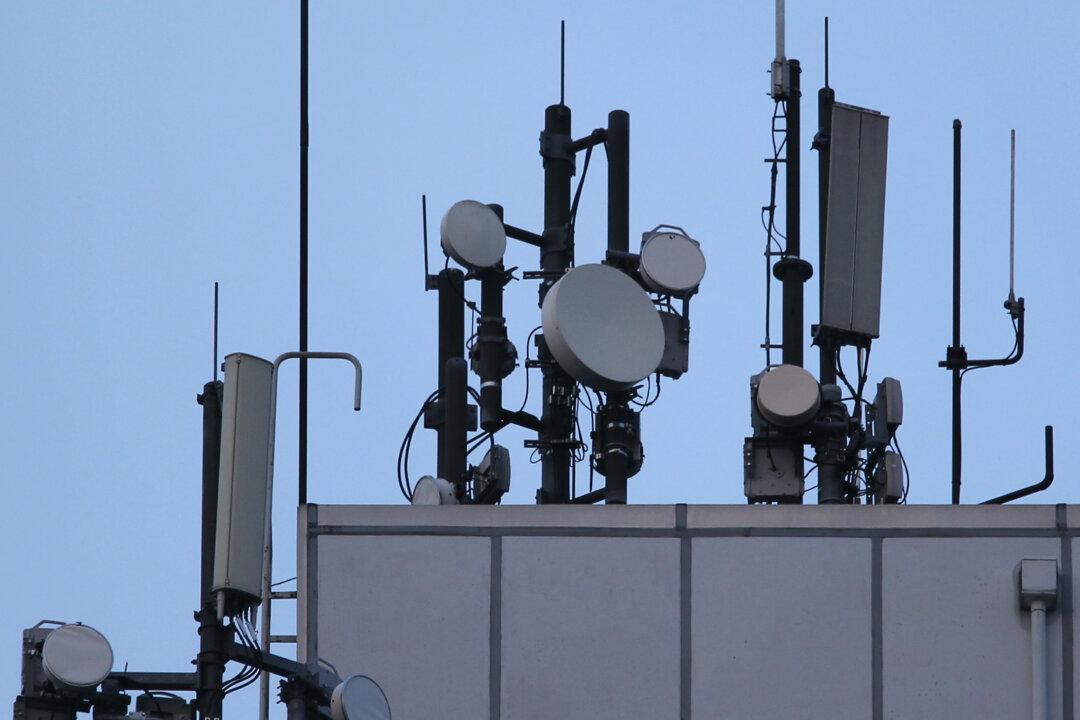A man has been charged as London police investigate the alleged use of a homemade cell tower to send “thousands” of scamming text messages.
City of London Police said it’s thought to be the first time in the UK that an illegitimate telephone mast has been used in a so-called smishing scheme, in which suspects allegedly posed as banks and other official organisations.
Huayong Xu, 32, of Alton Road, Croydon, was arrested and charged on May 23 with possession of articles for use in fraud.
He was remanded in custody and is set to appear at Inner London Crown Court on June 26.
Police said they had also arrested another individual in Manchester on May 9. The person was released on bail.
The word “smishing” is a mash-up of “SMS” and “phishing,” meaning sending text messages to trick those who receive them to open malicious links or attachments.
Victims may be tricked into downloading malware, visiting malicious websites, and giving away sensitive information or money.
In a statement on June 7, City of London Police said officers had made two arrests in connection with an investigation into the use of a “text message blaster,” or homemade mobile antenna, to send phishing messages.
“In what is thought to be the first of its kind in the UK, an illegitimate telephone mast is believed to have been used as an ‘SMS blaster’ to send messages that bypass mobile phone networks’ systems in place to block suspicious text messages,” the force said, adding that “thousands” of smishing messages are believed to have been sent.
City of London Police said officers from the Dedicated Card and Payment Crime Unit (DCPCU) have worked on the case with mobile network operators, Ofcom, and the National Cyber Security Centre.
Temporary Detective Chief Inspector David Vint, head of DCPCU, urged members of the public to be on alert over “smarter” and “more complex” scamming schemes.
“The criminals committing these types of crimes are only getting smarter, working in more complex ways to trick unknowing members of the public and steal whatever they can get their hands on. It is vital we work with partners to help prevent the public from falling victim to fraud,” Mr. Vint said.
“Remember, a bank or another official authority will not ask you to share personal information over text or phone. If you think you have received a fraudulent text message, report it by forwarding it to 7726.”







